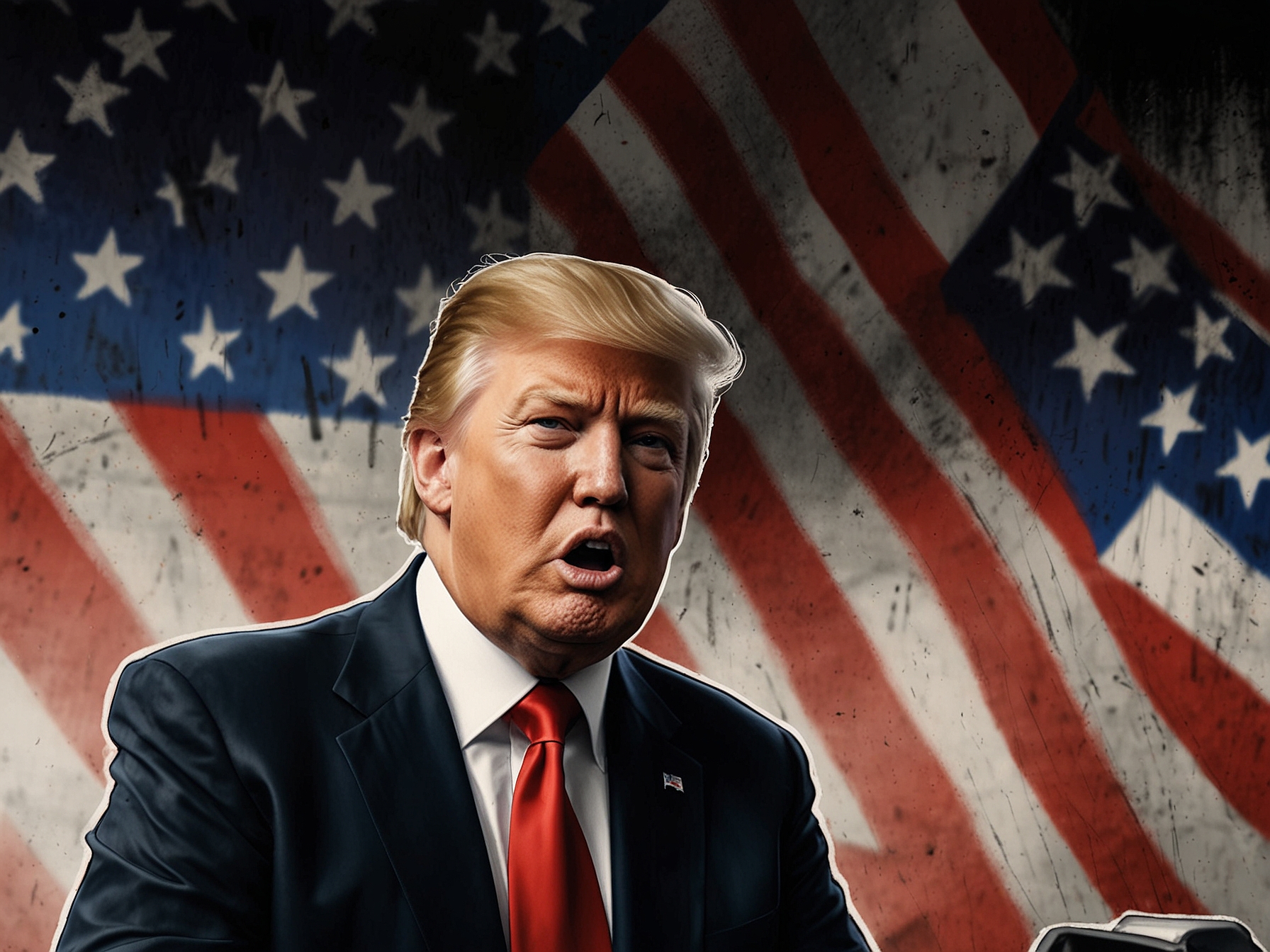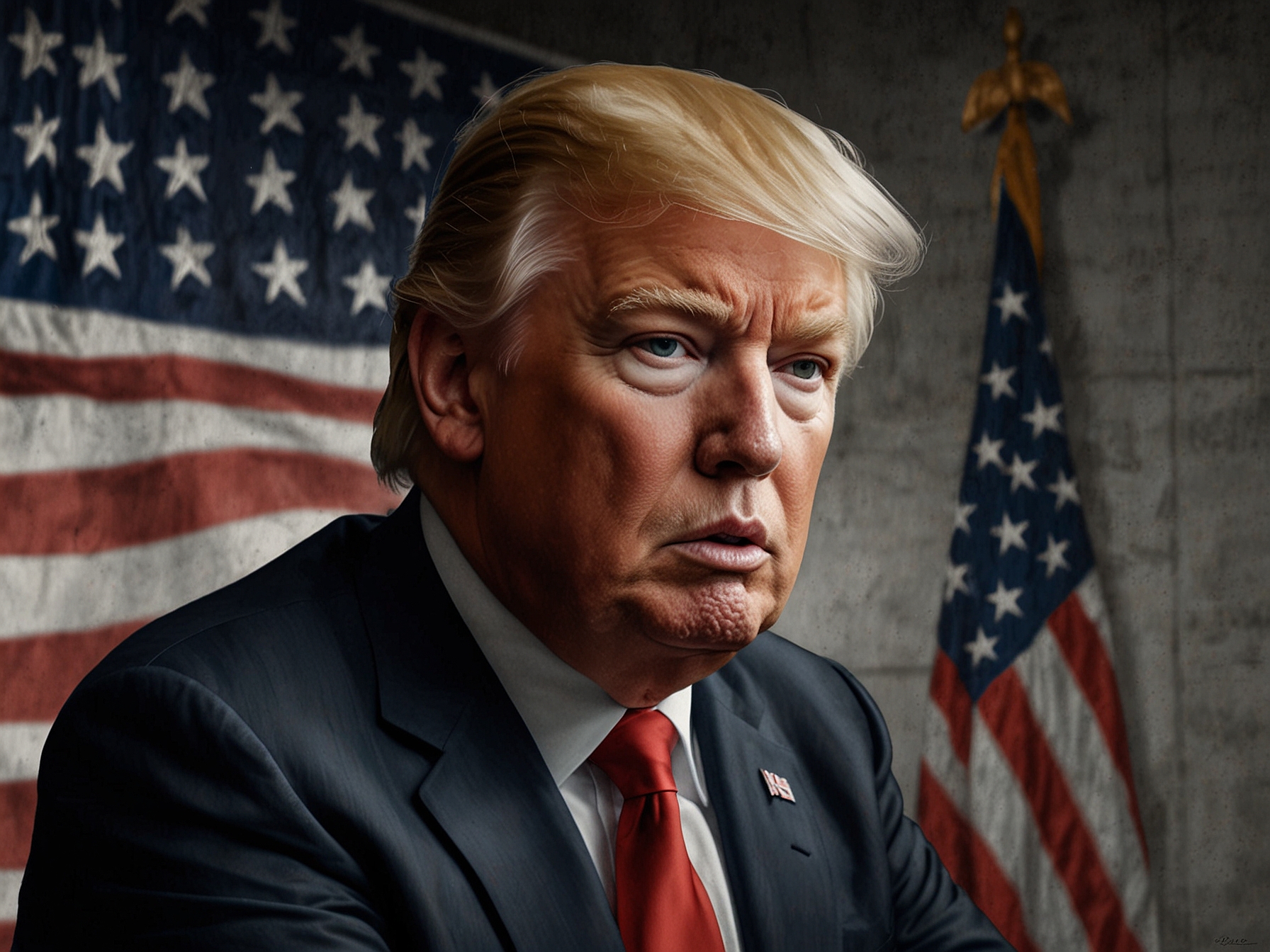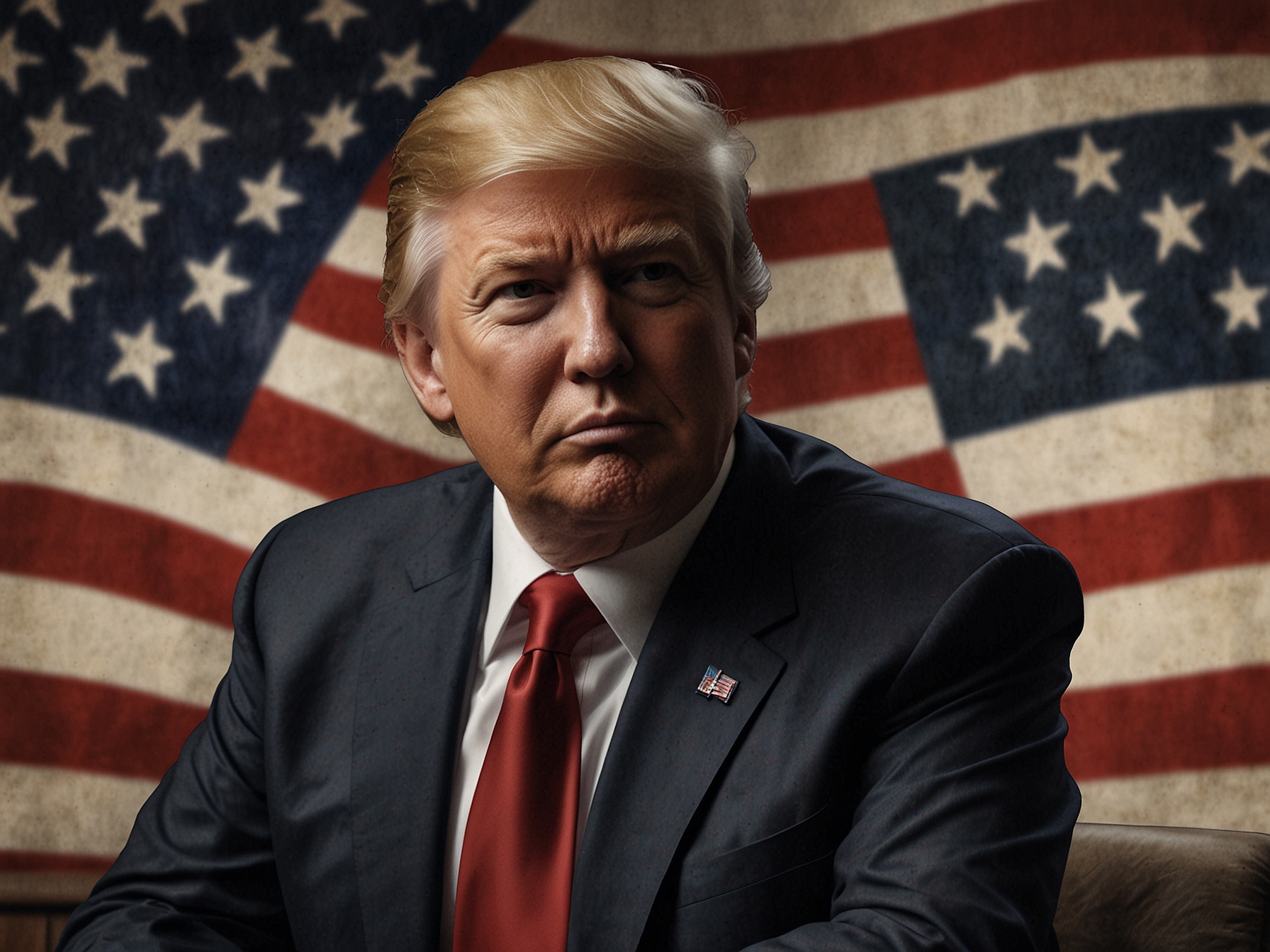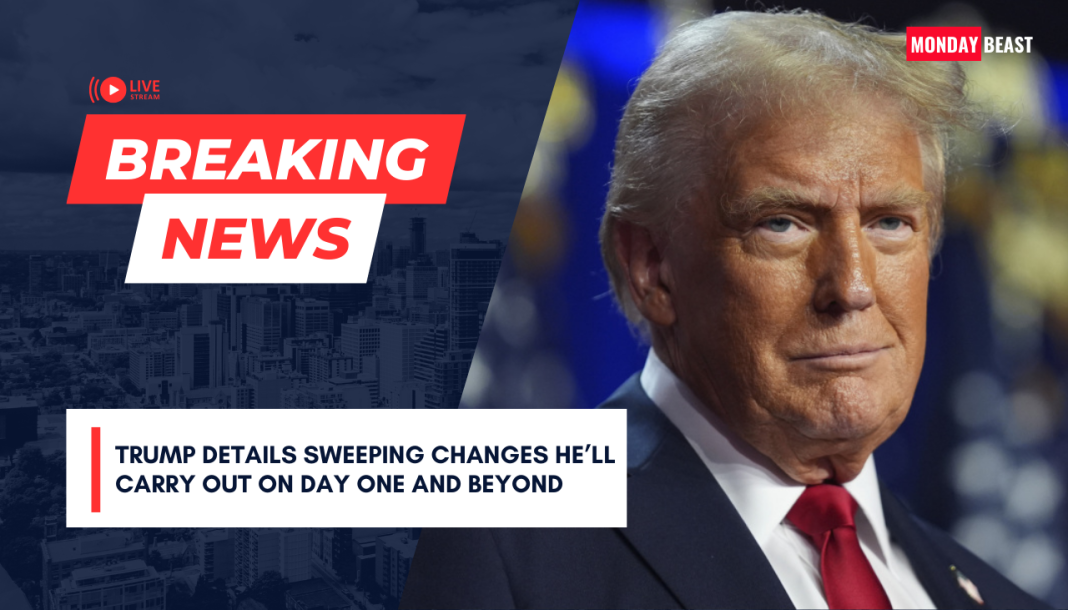In an exclusive interview, former President Donald Trump outlines monumental plans for his potential next term. He made bold assertions about mass deportation, tariffs, and pardoning those convicted during the January 6th Capitol riots. What might these significant changes mean for America moving forward?
Trump’s declarations are designed to ignite conversations across the nation. He spoke for over an hour, detailing what he envisions for his administration. One of the looming questions remains: how will everyday American families cope with his proposed policies?

During the interview with Kristen Welker on ‘Meet the Press,’ Trump made a significant commitment to implement tariffs. He plans to levy taxes on imports from major trading partners. This move raises concerns regarding the economic impact on American households.
When pressed on whether these tariffs would lead to higher prices, Trump admitted uncertainty. “I can’t guarantee anything,” he said. Yet, he believes this protectionist approach will benefit U.S. manufacturing in the long run. Could this be a viable solution to revitalize the American economy?
Trump’s image post-election appears to be markedly different from his previous term. He expressed gratitude for his current popularity, which he attributes to his recent victory. “I’m getting called by everybody,” he boasted, hinting at invitations from notable figures including Jeff Bezos.

Interestingly, the interview wasn’t all about future triumphs. Trump referenced unresolved grievances from the 2020 election and how he perceives the Democratic challenges during that era. His assertions raised eyebrows—how can he maintain a stance of reconciliation while also alleging past injustices?
Pivoting to bipartisan collaboration, Trump expressed openness to legislative solutions for ‘Dreamers.’ These young individuals, brought to the U.S. as children, could see relief under his administration. For many, this presents a glimmer of hope amid a landscape fraught with uncertainty and division.
Trump remains committed to a strict immigration policy, emphasizing the deportation of criminals first. This initiative, while meeting approval from some, poses risks such as displacing families. Are the ends justify the means in this case?

On the other hand, he attempted to distance himself from the conservative blueprint ‘Project 2025.’ He has avoided direct ties to it previously but now acknowledges its relevance. He seems torn between charismatic leadership and hardline conservatism.
When asked about health care, Trump admitted his vision has not yet taken shape. He critiqued the Affordable Care Act, yet offered little insight into his replacement concepts. With the edges of policy still fuzzy, where does that leave millions in need of healthcare?
Meanwhile, on the global stage, Trump discussed various foreign policy stances, including a reassessment of NATO’s role. He expressed doubt about America’s enduring commitment to the alliance. How might this shift impact international relations?
Trump’s interview culminated with a surprising promise to prioritize unity in his inaugural address. After years filled with tension, could this signal a genuine attempt to bridge divides?
Each of these commitments demands scrutiny and careful consideration. As the nation moves forward, Trump’s plans invite us all to reflect on what we truly desire in leadership. Will his policies unite or divide this country further? Their implications are vast and could reshape the American landscape for years to come.




